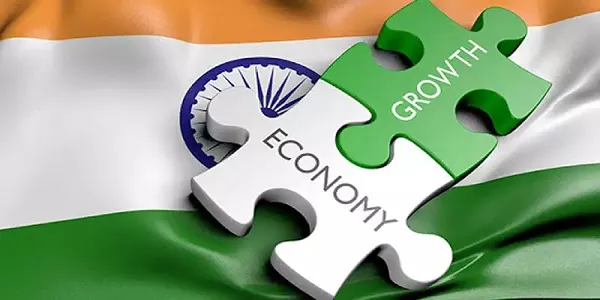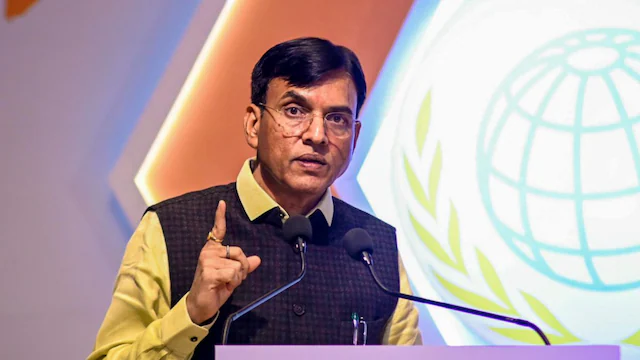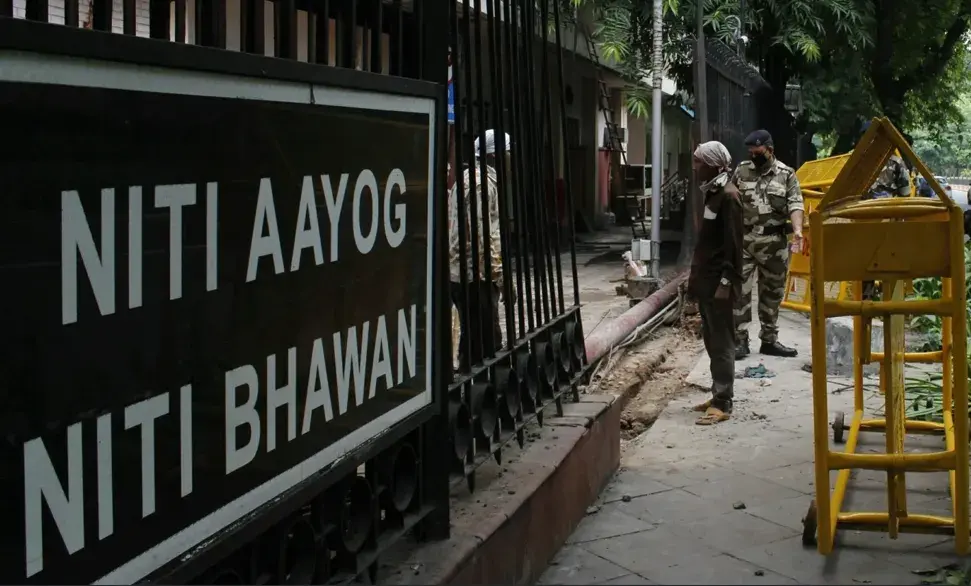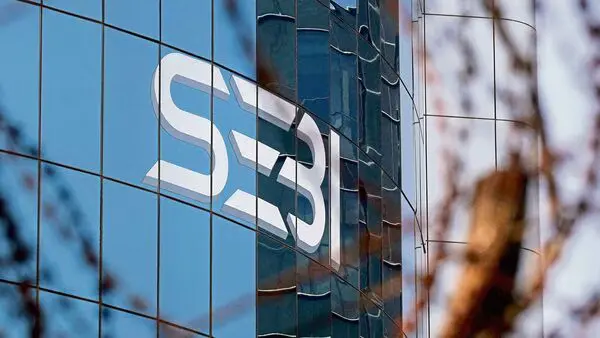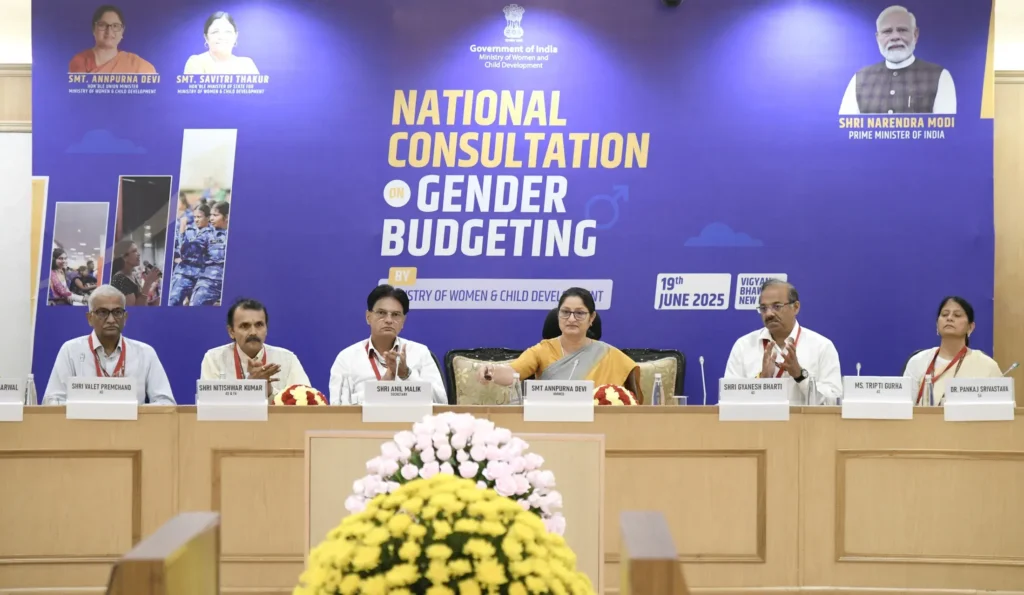India Set to Become World’s 3rd Largest Economy by 2028: Morgan Stanley
India is on course to become the third-largest economy in the world by 2028 and is expected to more than double its GDP to $10.6 trillion by 2035, according to a new report by Morgan Stanley released on Wednesday. The report highlights that several Indian states — notably Maharashtra, Tamil Nadu, Gujarat, Uttar Pradesh, and Karnataka — could individually near the $1 trillion GDP mark, placing them among the globe’s top 20 economies by the next decade. “Currently, Maharashtra, Gujarat, and Telangana lead the economic race among states,” the report noted, adding that states like Chhattisgarh, Uttar Pradesh, and Madhya Pradesh have climbed significantly in economic rankings over the past five years. India to Drive Global Growth Morgan Stanley projects that India will account for roughly 20% of global economic growth over the next ten years. As a result, the country is positioned to become a major growth engine for global corporations and investors. The report underscores the pivotal role of India’s federal structure — with 28 states and eight Union Territories — in propelling economic progress. It points out that each state manages its fiscal policies independently and competes to attract business and investment through favourable industrial policies and ease-of-doing-business reforms. “Every investment decision, factory setup, or enterprise ultimately lands in a particular state,” the report explains. Competitive Federalism as a Growth Catalyst The study places strong emphasis on “competitive federalism” — a model in which states innovate and vie with one another for economic advancement. This approach, Morgan Stanley argues, will be critical for India to become a global manufacturing powerhouse, significantly raise per capita income, and maintain a robust capital market performance over the coming years. As India moves toward its projected $10.6 trillion economic size, the role of states will become even more vital. Their ability to legislate independently and shape business environments allows them to create conducive ecosystems for growth. Infrastructure Boom Underway The report also points to a decade of strong infrastructure development. Central government capital expenditure has surged, growing from 1.6% of GDP in FY15 to 3.2% in FY25. This investment has led to a 60% increase in national highway length, a doubling of airports, and a fourfold expansion of metro rail systems. National-level programs such as PM Gati Shakti, the National Infrastructure Pipeline, Bharatmala, Sagarmala, and UDAN have all complemented state-led initiatives in infrastructure, energy, water, and urban development. For India to realize its long-term economic aspirations, the report concludes, continuous collaboration between the central and state governments will be essential. Source: IANS
India Set to Become World’s 3rd Largest Economy by 2028: Morgan Stanley Read More »

